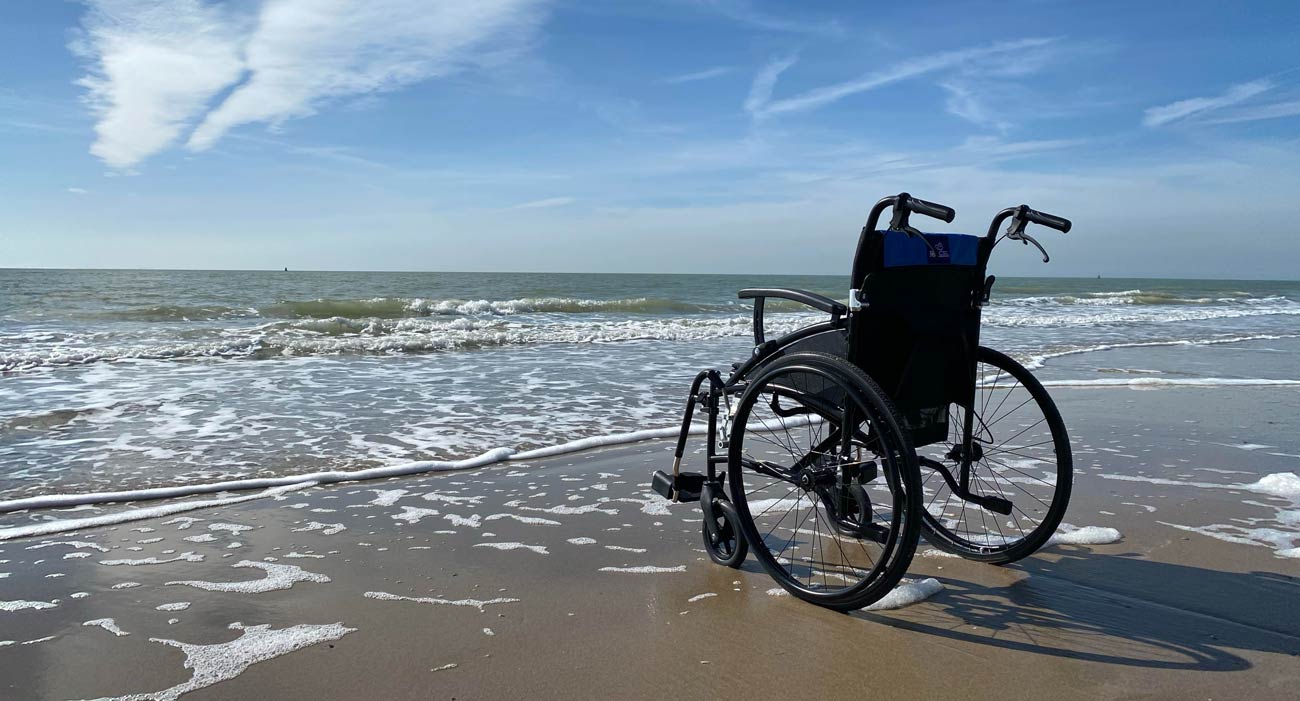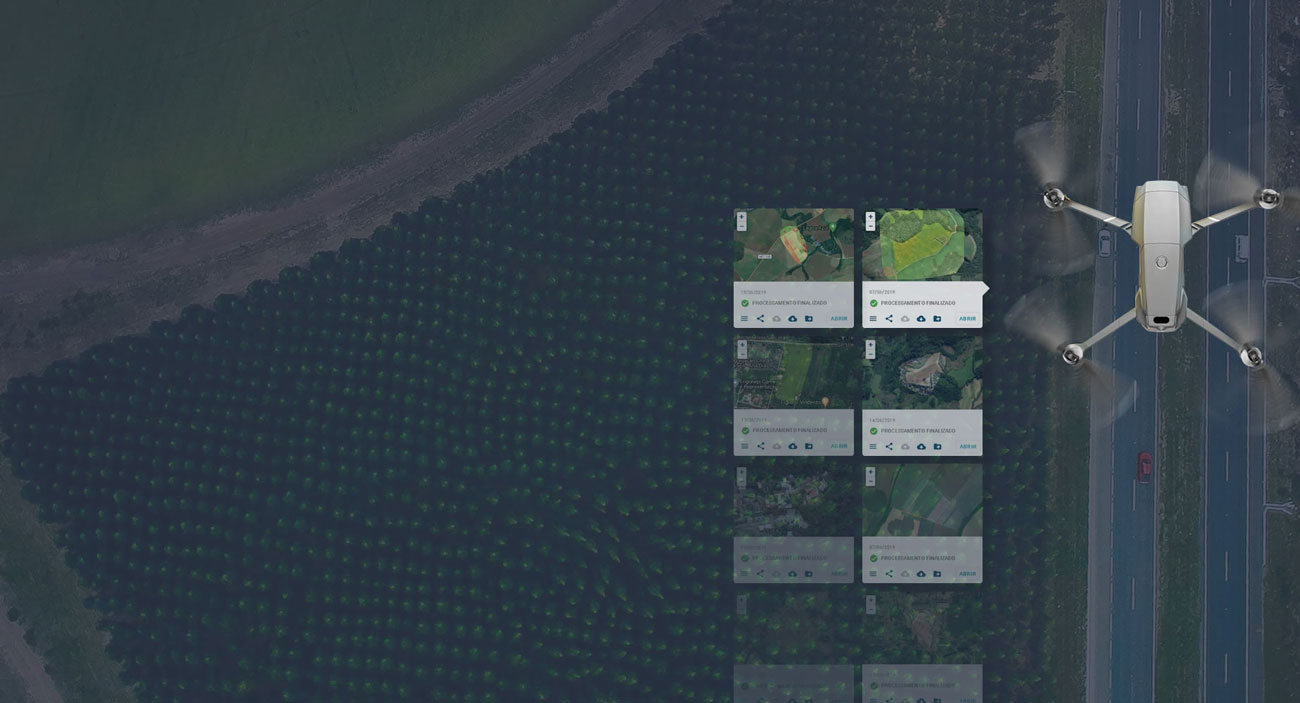Contxto – Many of the investment rounds we cover here at Contxto involve a lot of the same stuff: consumer fintechs, proptech platforms, B2B lending startups… But every once in a while, a fund will pop up announcing funding for more out-of-the-box startups as is the case with the Center for Technological, Entrepreneurial, and Social Innovation (CITES).
Argentine insurance company Sancor Seguros, launched the CITES with the purpose of building a hub of tech and science-based companies. And with that mission in mind, the CITES announced it invested US$1.75 million in three startups last Friday (2).
[wd_hustle id=”InArticleOptin” type=”embedded”/]
CITES sought startups and science
What made these companies worth investing just shy of two million dollars? The answer is clear for the CITES.
“We took into account that they have potential ideas but are scientifically sound with business ventures based on scientific developments,” says CITES’s CEO, Nicolás Tognalli. “We also check to ensure they’re products or ideas that can be scaled and offered to a global market.”

And the fund still has more mullah to go around. Tognalli told Infotechnology it plans to invest around US$24 million in 30-science based companies by 2024.
CITES investments
Now check out the three recipients to each earn US$1.75 million.
Stradot
Finding available parking isn’t always easy. As a result, Stradot is developing a drone to lift and arrange cars in open parking lots. Consequently, stakeholders can accommodate more cars and there’s space for additional visitors.
Thanks to the funds from the CITES, Stradot is running pilot tests with its first prototype.
Clover
Two Argentine doctors, Diego Cheja and Osvaldo Amerio, developed a biomimetic cardiac valve. What makes their product different from the options already in the market is that their valve reportedly lasts longer and would require patients to take less medication.
With the CITES’s help (and investment), Clover can now test its valves on animals.
Bionirs
Bionirs is changing the way patients are screened for potential breast tumors with infrared scanning. According to the startup, the person isn’t exposed to any form of radiation nor is tissue compressed, so it’s less invasive as well.
Bionirs aims to have a fully-functioning prototype in one year’s time.
Related articles: Tech and startups from Argentina!
-ML







